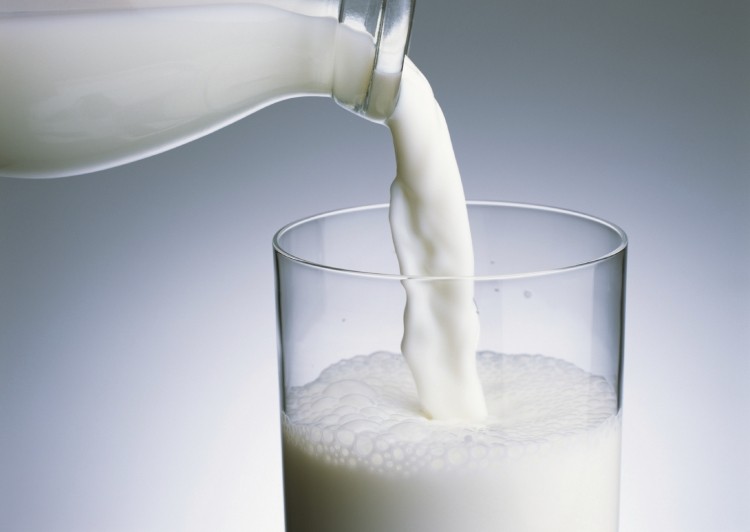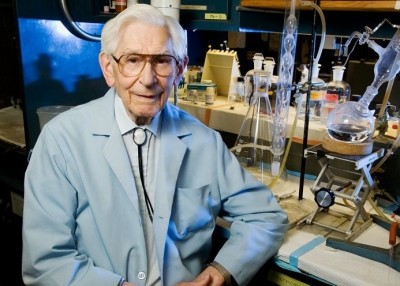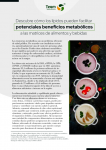Researchers ask: What’s left to discover about trans fats?

Artificial trans fatty acids in the form of partially hydrogenated vegetable oils are attractive to the food industry because they are solid at room temperature, inexpensive, and can increase the shelf life of foods. However, in recent years they have been found to increase levels of LDL (low density lipoprotein, or ‘bad’) cholesterol in the blood, while simultaneously lowering levels of HDL (high density lipoprotein, or ‘good’) cholesterol, thereby contributing to heart disease.
In this latest review, published in the European Journal of Clinical Nutrition, Dutch researchers write that although there is some debate about the exact level of harm that can be attributed to artificial trans fats, the most pressing areas for further research are now elsewhere.
“The detrimental effects on cardiovascular disease are scientifically established, and it is unlikely that industrial trans fatty acids will be brought back into the food chain,” they wrote. “At present, the debate has shifted towards the effects of ruminant trans fatty acids and CLA.”
Naturally occurring trans fat
Specifically, they suggested that efforts to study the effects of natural trans fats present in the milk and meat of ruminant animals, such as cows and sheep, have been hampered by various factors, including an inability to detect relatively small amounts of such fats in diets.
“One could argue that the question whether ruminant trans fatty acids cause cardiovascular disease is irrelevant, because their intake is so low,” they wrote, adding that trans fats from ruminant animals are estimated to account for an average 0.5% of energy intake.
CLA
They added that the same argument holds true for CLA (conjugated linoleic acid), a trans fat first discovered in milk. However, this is now being produced industrially as a weight loss supplement with recommended dosages of up to 6 g per day.
“We conclude that CLA has unfavourable effects on lipoprotein levels similar to those of other trans fatty acids. It is unclear what the effects of CLA are on markers of diabetes,” the authors wrote.
They added that further research into how to reformulate without trans fats could be particularly important for the bakery industry, to find alternative fats that have similar properties to hydrogenated oils without adverse health effects.
Meanwhile, industry efforts to reduce trans fat levels have led to a considerable reduction in average intakes in European countries over the past two decades. Trans fat now accounts for about 1-2% of average energy intake, and less than 1% of energy in the UK, with most coming from meat and dairy.
Source: European Journal of Clinical Nutrition
Published online ahead of print. doi:10.1038/ejcn.2013.43
“Trans fatty acids and cardiovascular health: research completed?”
Authors: IA Brouwer, AJ Wanders and MB Katan















